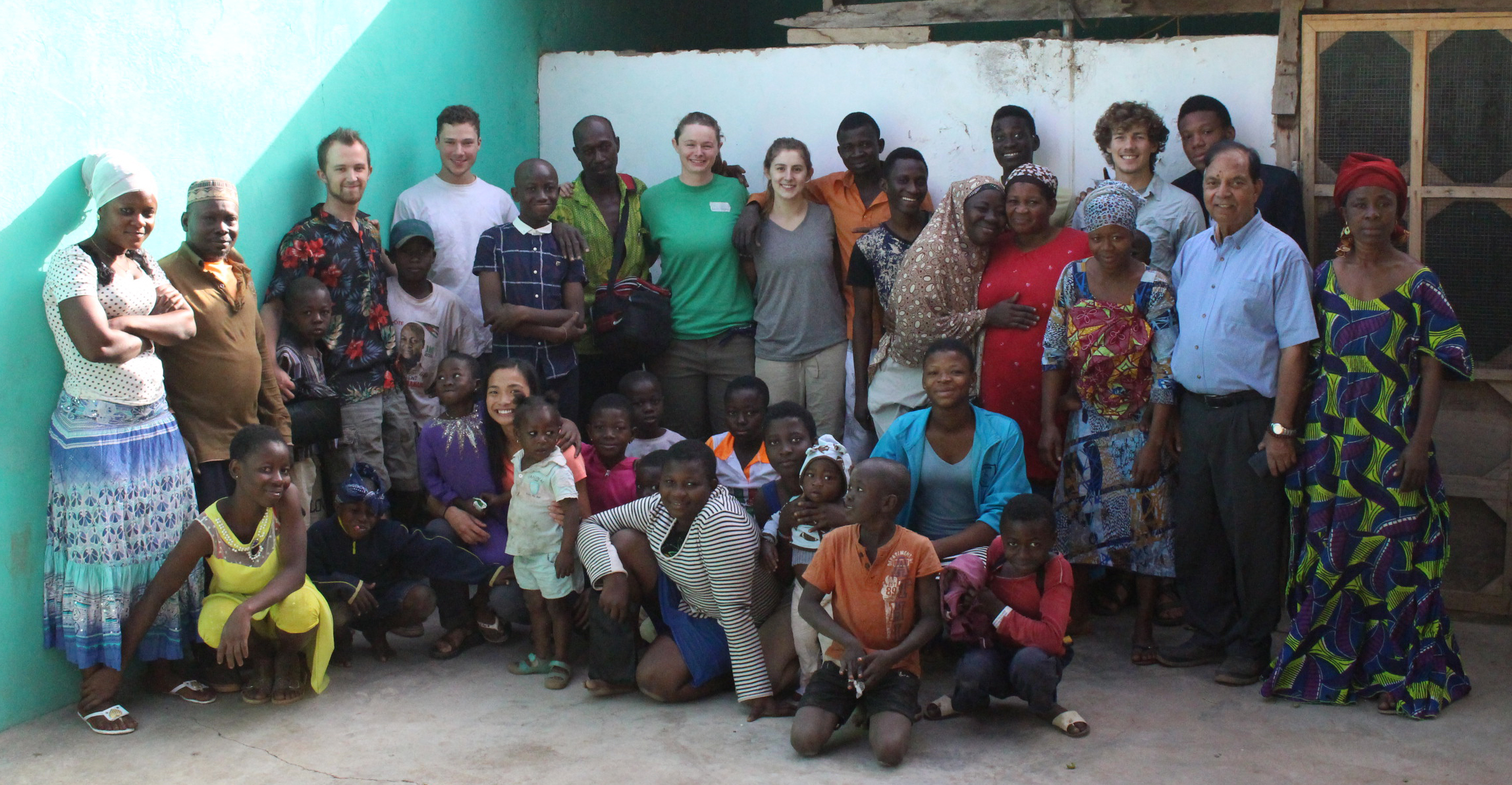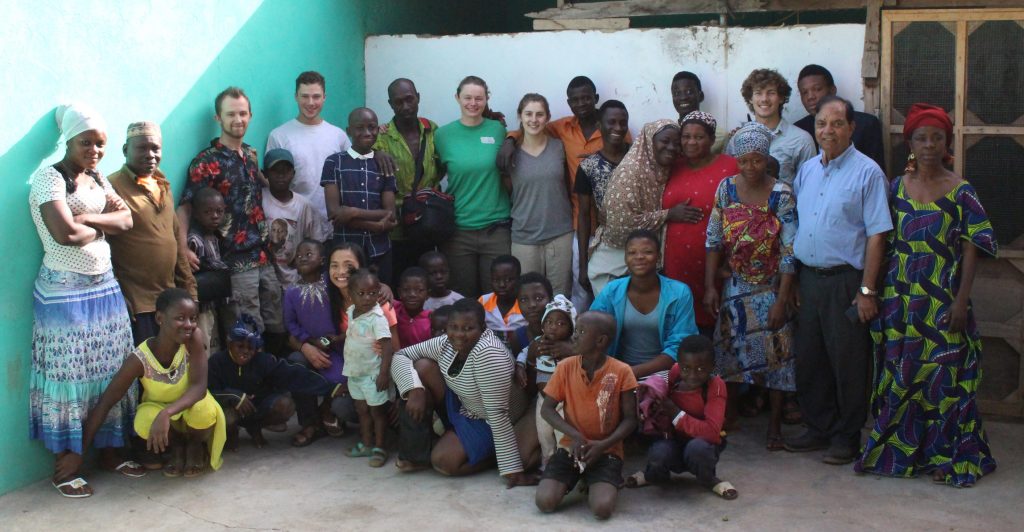One Iowa State University student group aims to use its engineering expertise to provide a safe and reliable source of water for a drought-stricken, agriculture-dependent region in West Africa.
The ISU chapter of Engineers Without Borders (EWB) has worked with officials in the village of Ullo – in northwest Ghana – to provide its roughly 1100 permanent residents with easy access to water. Current practices can require more than three hours of labor to procure water which is problematic in a village that relies on agriculture and where the daily average income per person is about 75 cents.
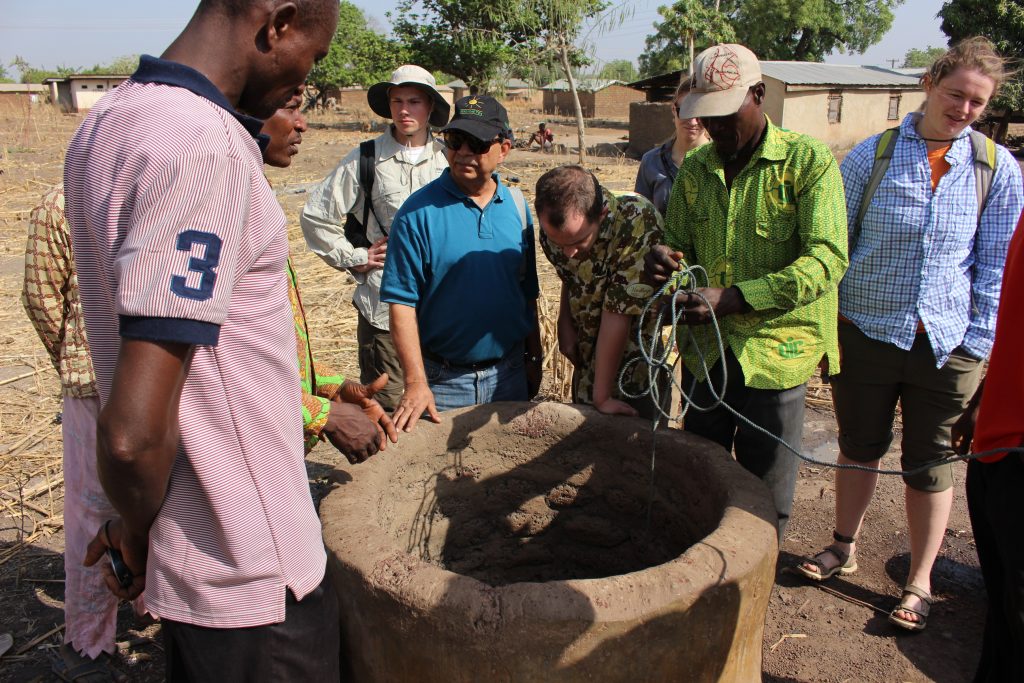
Climate conditions in the region make it so that villagers experience about eight months of drought, while the other four months are considered the wet season. This is where EWB comes in.
“We have partnered with their village to help extend their storage of water during the dry season,” said Will Parr, a member of EWB. “They have asked us to come up with a plan that will help them have water throughout their dry season. Upon our assessment trip in December of 2016, we decided that a small town water supply project is going to be the best option for this community.”
EWB plans to drill a borehole in the village which will provide inhabitants with access to well water and which will save them time and labor when compared to the current techniques for procuring water. These current techniques often involve using hand pumps, storing the water in containers, and transporting it back to the village. Villagers also have access to some wells but those sources dry up quickly.
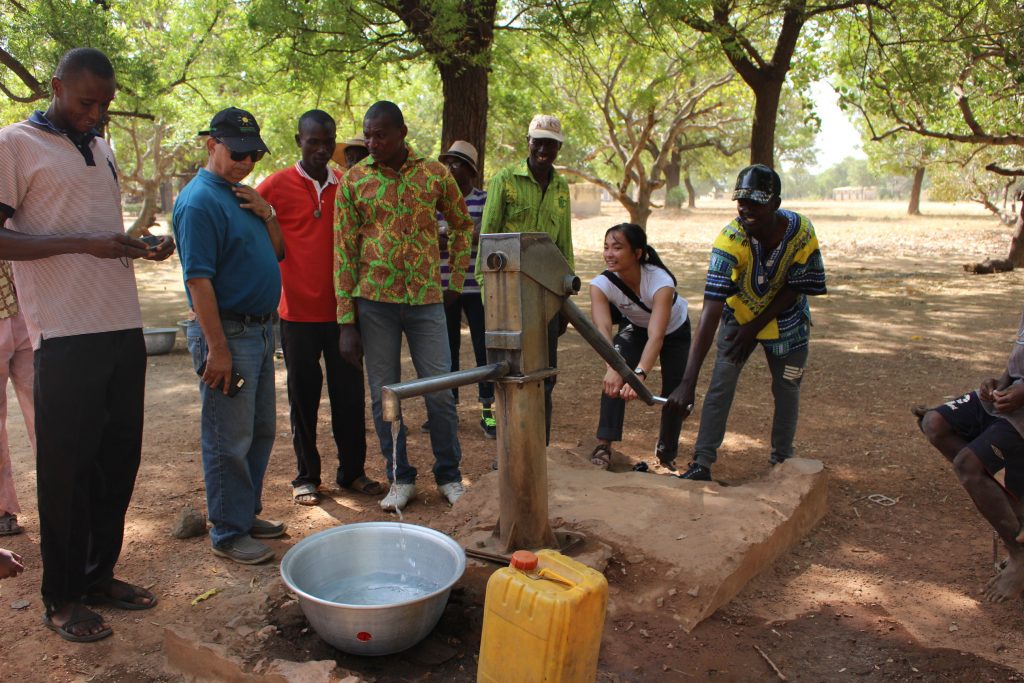
ISU’s chapter of EWB is working with its parent organization, EWB-USA, on this project. The ISU chapter has an ambitious goal of raising $40,000 for the project and EWB-USA requires that 5 percent of the total cost of the project comes from the village of Ullo.
In addition to funding, EWB has relied on officials in Ullo provide local expertise.
“They can help find people to help us with getting things done such as bacteria testing or procuring construction materials,” Parr said.
EWB also organized an on-campus soccer tournament fundraiser in early March and hosts weekly pizza sales (every Thursday at the south entrance of Black Engineering Building from 11 a.m. to 1 p.m.) to help support the project. The group also raises funds through off-campus initiatives by reaching out to companies, rotaries, and other groups. Small individual donations also provide a “great amount” of funding, according to Parr.
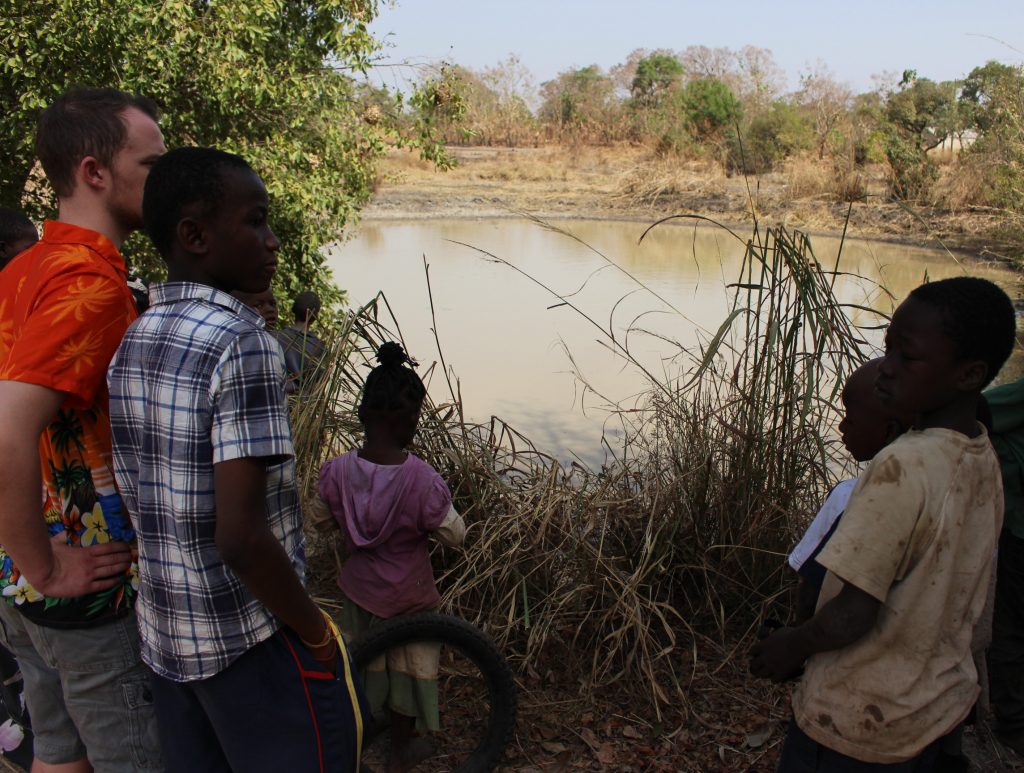
Parr, a junior studying software engineer, said that while “Engineers” is in the group’s title, it’s actually open to students of all disciplines.
“We have anything from designing water pumps to managing social media for marketing to reaching out to companies,” he said.
He added that the engineers in the group are often able to take what they learn in the classroom and apply it to real-world situations.
“We apply physics, optimization, and a lot of design to the project,” he said. “For example, we will need to know the best way to distribute the water to key areas through piping, so we apply optimization and estimate water volumes as well to see if we lose any water while pumping. If you have not taken any engineering classes, or only basics, there is definitely a role for you as well.”
EWB first visited Ullo in the summer of 2014 and then made a return trip in December 2016. Parr said the group aims to raise its money and begin rolling out the project over the next two years.
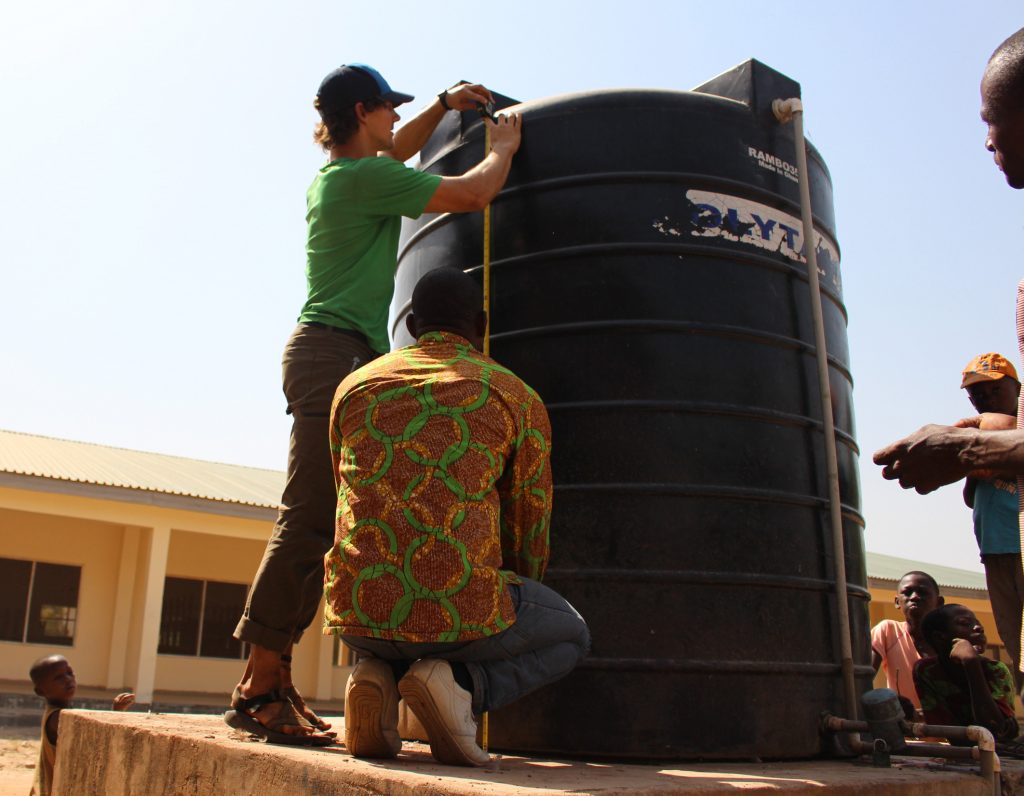
“December of 2017, we will start the first half of our implementation trip and depending on the wet season, we may implement the second half over the summer of 2018. We are also looking to open another project soon as well.”
One key to the success of this project is EWB’s active engagement with the Ullo community, according to Levi Nauman, a senior studying mechanical engineering.
“We are working with Ullo to find an appropriate solution that they will take ownership in and continue to maintain for many years,” said Nauman. “Through this committed partnership we believe that Engineers Without Borders will empower the people of Ullo to a more sustainable lifestyle, and create a lasting impact on the community.”
Nauman also credits Iowa State University for providing the resources to make projects like this possible.
“We’re a group of students that see a need in the world for improved infrastructure and we want to address that with our engineering education. Iowa State offers us the training and networks necessary to positively impact the quality of life for entire villages. This impact is rooted in the long-term partnerships that EWB creates with developing communities.”
To learn more about EWB and to donate to their cause, visit http://www.ewb.stuorg.iastate.edu/
